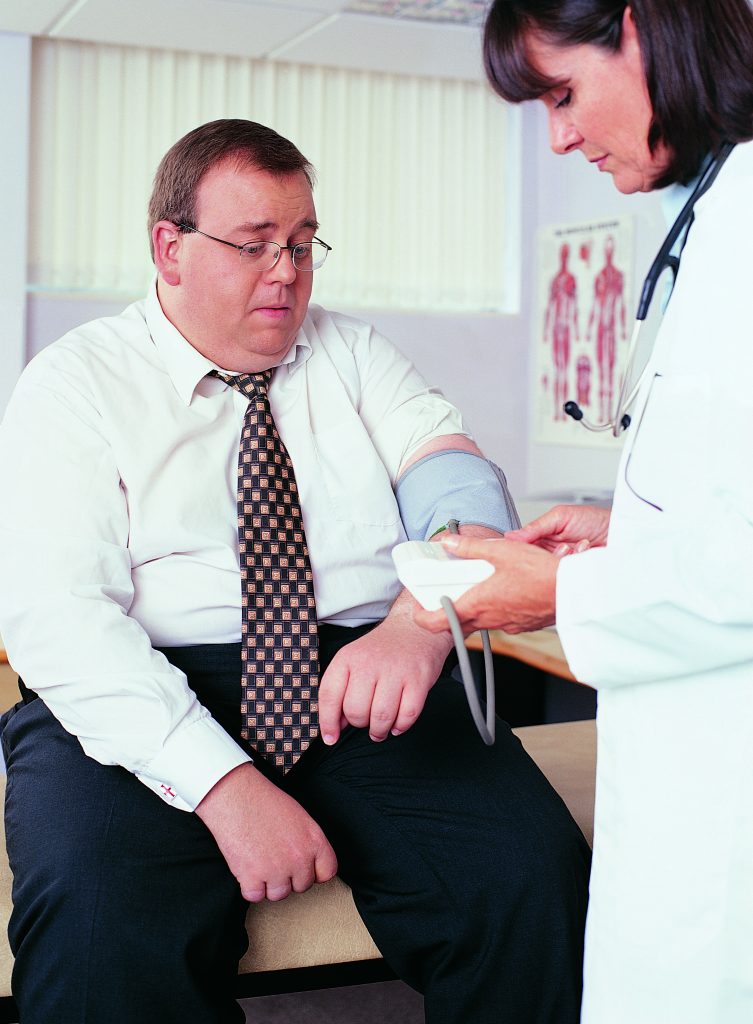We know high blood pressure is a serious condition. If not treated, it can lead to many complications like heart failure, stroke and dementia. There is evidence to show hypertensive patients are more at risk of complications from COVID-19 than those whose high blood pressure is managed with medication.
A combination of medications and lifestyle changes can bring your blood pressure under control and reduce the risk of heart failure, stroke, dementia and COVID-19.
You should buy a blood pressure monitor and learn to take your own blood pressure at home.
An article in the Canadian Medical Association Journal (Monitoring blood pressure at home: guidance for Canadian Patients – CMAJ July 12, 2021) says it is important to buy home blood pressure monitor approved by Hypertension Canada.
The article says, “Most home blood pressure monitors sold commercially (> 85 per cent worldwide) do not measure blood pressure accurately. Hypertension Canada has a list of recommended devices that have been tested, are known to give valid readings and can be recognized in stores by their Recommended by Hypertension Canada logo (https://hypertension.ca/bpdevices).”
The article recommends measuring blood pressure twice in the morning and twice in the evening for seven consecutive days (28 readings total). If your blood pressure is stable then you can monitor your blood pressure every three months. Best thing would be to check with your doctor and follow the recommendations.
What would be considered high blood pressure?
If your blood pressure readings at home average 135/85 or over then you have high blood pressure. You should discuss this with your doctor.
If you have symptoms of a heart attack or stroke then you should call 911.
What can you do to get your blood pressure under control?
First step is to make lifestyle changes. Eat a healthy diet and exercise 30 to 60 minutes daily. If this does not reduce your blood pressure then you need medications. Medications are needed for systolic blood pressure of 160 or higher and diastolic readings of 100 or higher. If this is not taken care of then your risk of heart attack and stoke are high.
This risk is reduced with medications prescribed by your family doctor, combined with home monitoring and lifestyle changes.
What is meant by lifestyle changes?
- Eat heart-healthy foods: fruits, vegetables, whole grains, poultry, fish and low-fat dairy foods.
- Eat low salt diet: Aim to limit sodium in your diet.
- Lose weight: Losing even a little weight can reduce your blood pressure.
- Increase physical activity: This reduces blood pressure and helps with stress and weight loss.
- Manage stress: Try deep breathing and meditation.
- Avoid or limit alcohol: Alcohol can raise blood pressure.
- Do not smoke: Tobacco causes blood pressure to rise and plaque to build up quickly in your arteries.
Start reading the preview of my book A Doctor's Journey for free on Amazon. Available on Kindle for $2.99!



